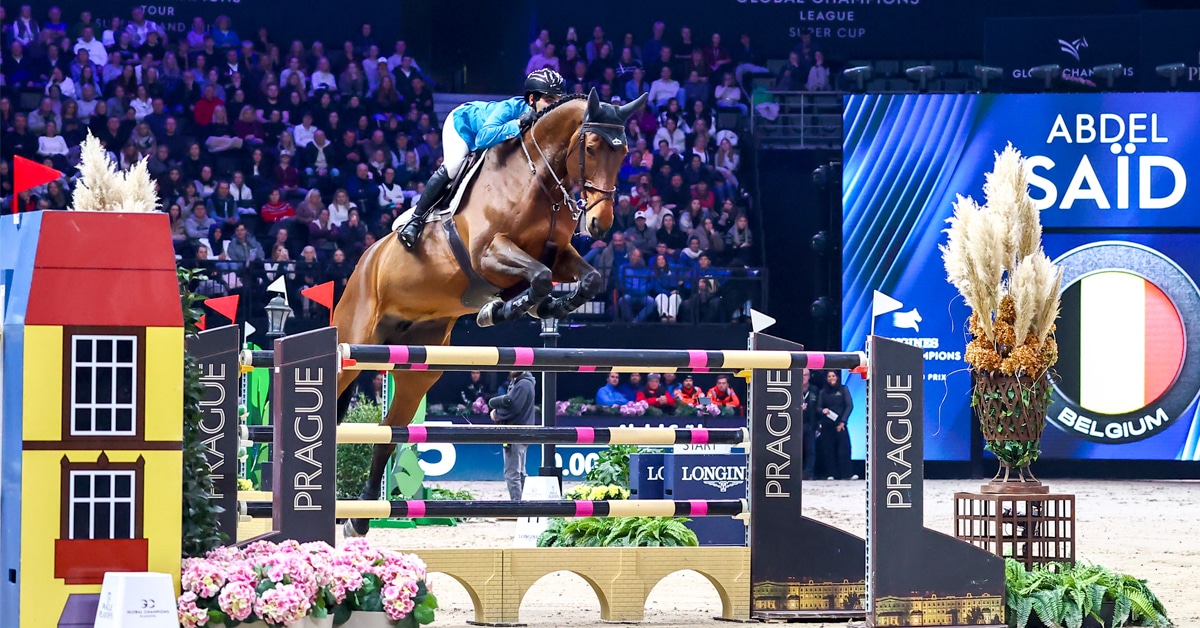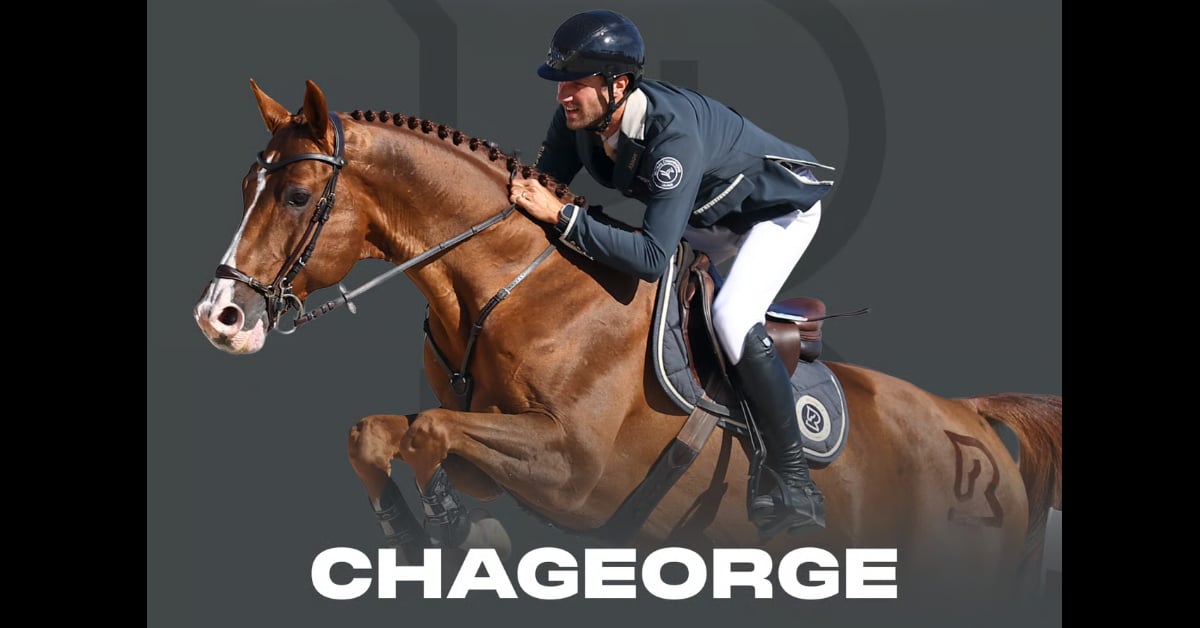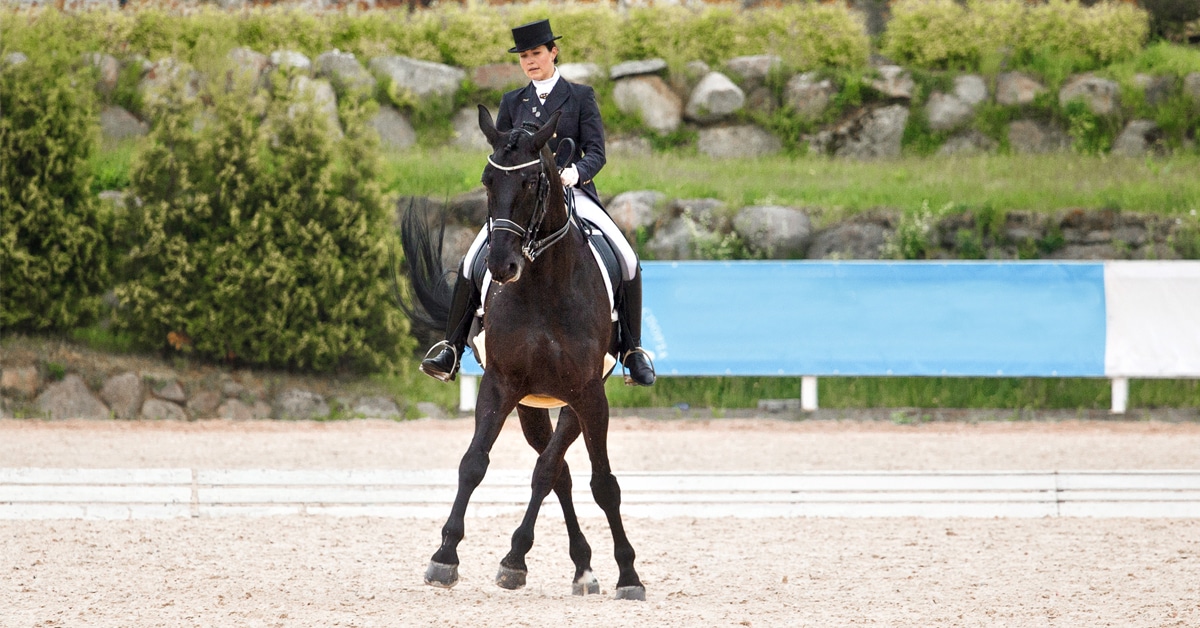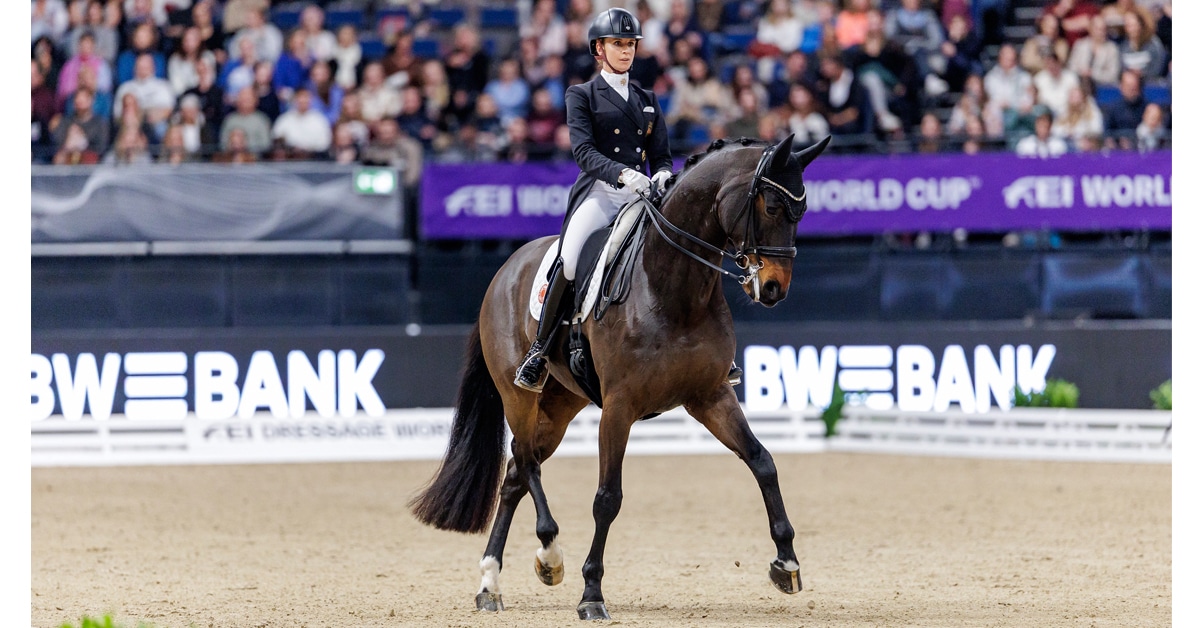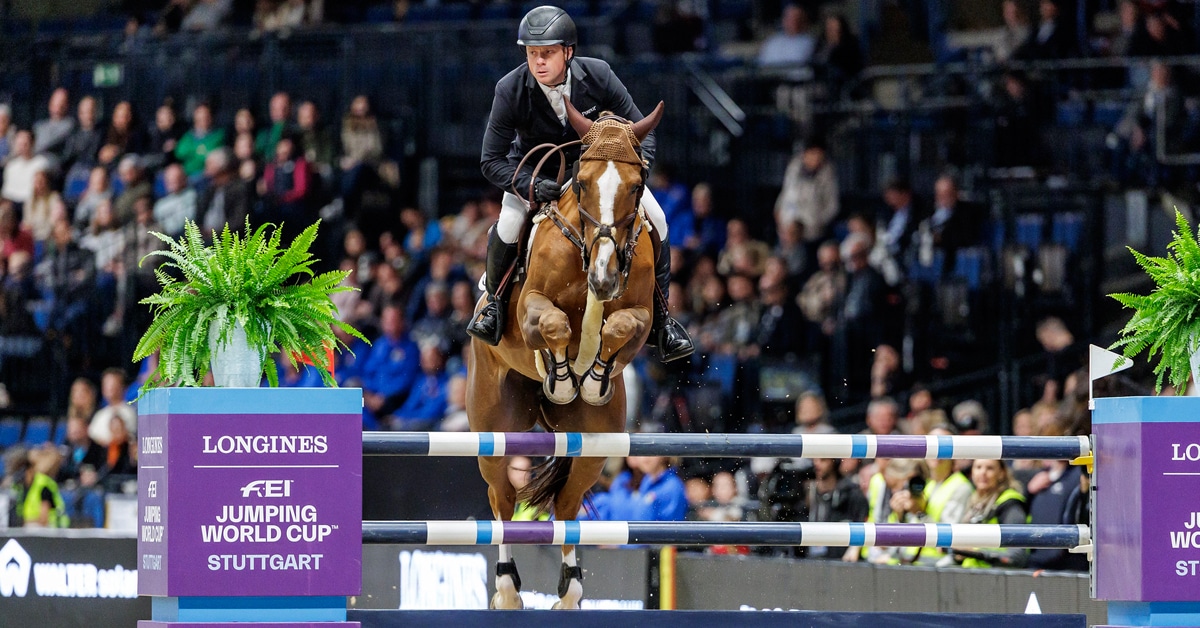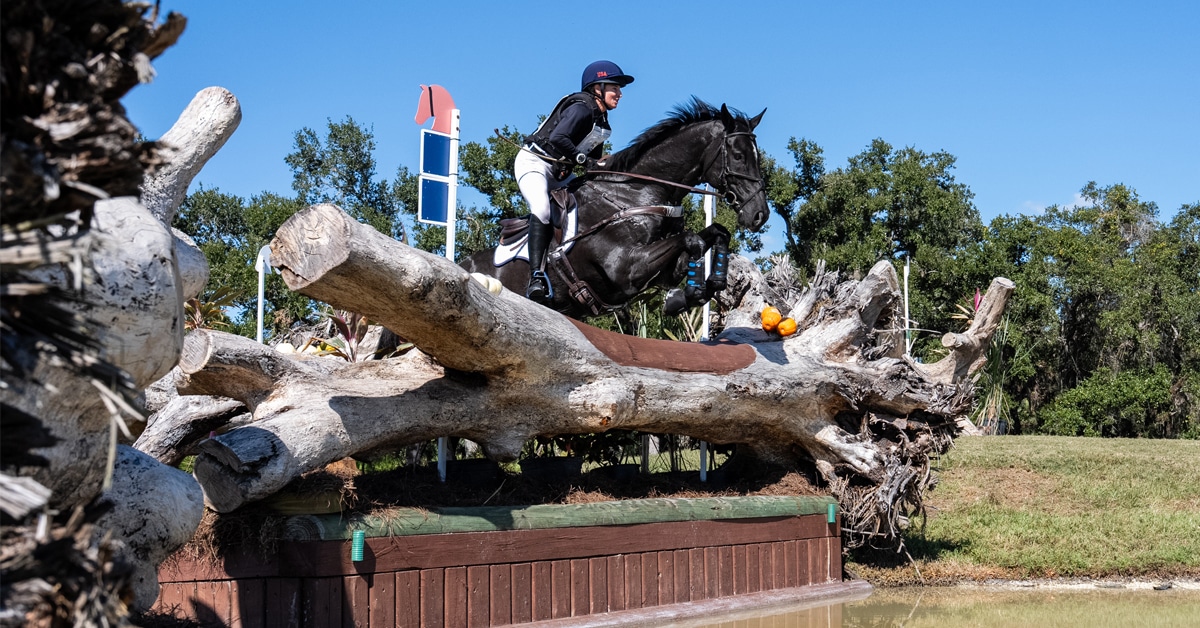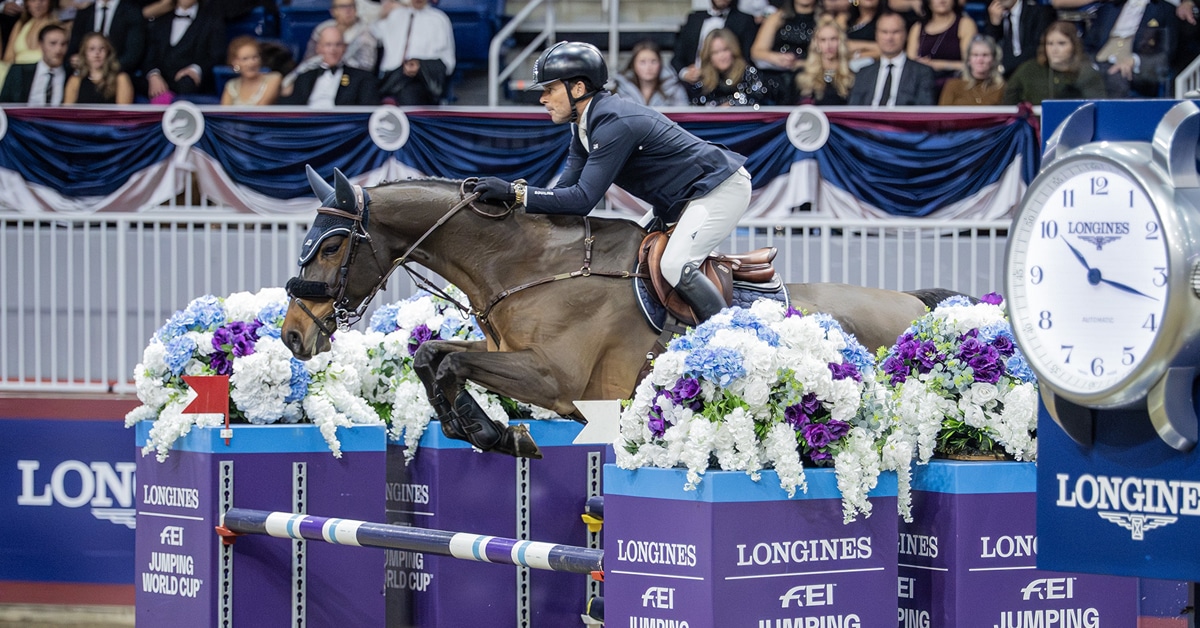FEI president Ingmar de Vos has admitted it has had “to fight to motivate one organizer” to take on the World Equestrian Games in recent years.
He also says the FEI must take “courage” to review the viability of the WEG, following concerns by the delays and organizational difficulties exhibited by Tryon, which took on the 2018 WEG renewal just 18 months ahead of the event.
In a mission statement for his next, uncontested four years in office, e Vos says he will review all FEI’s championships “with an open mind in order to make the best choices for the future and sustainability.”
The FEI would promote multi-disciplinary bids, but he added: “If we want to be successful we need to have a model that creates competition and can interest a lot of organizers rather than having to fight to find and motivate one organizer for WEG.
“Although we have further strengthened the minimum eligibility criteria, we must recognize that due to the successful development of our sport in many regions it is more and more difficult to find organizers that are capable of organizing an event of such magnitude.”
It is only since Tryon that the FEI has conceded the WEG format is not sustainable. Previously it has insisted WEG is the sport’s best showcase, notwithstanding the financial burden imposed on previous hosts.
After WEG 2014 in Normandy, the FEI commissioned a study which concluded most federations wanted WEG to continue – an opinion which surprised the FEI, according to FEI secretary-general Sabrina Ibanez when answering media queries about the format’s future during Tryon.
Until 1986, all disciplines had separate world championships. The inaugural WEG in Stockholm in 1990 evolved from an idea of former FEI president Prince Philip, who only intended it to be a “one-off.” Utilizing famous sites in the Swedish capital and breaking even financially with Volvo’s support, 1990 was such a success that it was decided to continue.
The 1994 WEG was originally allocated to Paris, but they withdrew when it was discovered the Mayor, Jacques Chirac, had not supported the bid. The Hague took it on, and declared bankruptcy a month after the finish, while Rome took on WEG 1998 at a year’s notice after Ireland dropped out.
In successive years, fewer and fewer countries have applied to host it. Bromont was initially rejected for 2018, but bid again after having purportedly secured the required level of state support. Bromont finally won, as the only remaining candidate, before dropping out in 2016 with financial problems.
Samorin in Slovakia was the only remaining candidate for 2022 – which should have been allocated last year – but also withdrew a year ago, having declined to sign the host’s agreement with the FEI.
WEG now accommodates eight disciplines compared with the original six, reining and para-dressage having been added since the inaugural games.
The FEI says “interest” in 2022 has been shown by other possible venues, though no formal bid is confirmed.
More News
